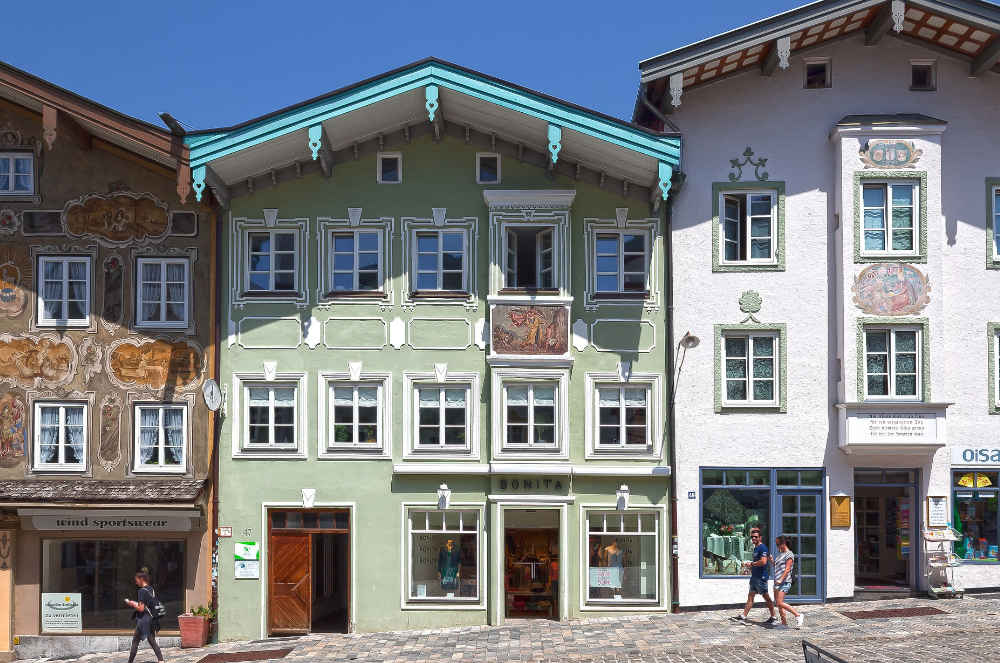Living in Germany after moving from another country

Germany is known for its well-developed infrastructure, labour market, economy and well-established traditions. It is one of the most preferred places to live among immigrants, especially skilled workers.
Germany is regarded as a hospitable nation which is very popular because of its strict regulations and laws. They consider it very rude and uncivilised not to comply with established rules. Take a look at the German rules, although many of them seem very unusual.
One of the biggest advantages of living in Germany is education. It is free, and students do not have to pay tuition fees at universities. In this way, young people avoid educational debts, which helps a lot in achieving a high standard of living at an early stage in their life. Germans, unlike citizens of the United Kingdom or the United States, become financially independent earlier.
Living Costs in Germany
The cost of living in Germany is not low, but it is certainly not that high if you are working full-time there and can manage money. Daily expenditure on food, clothing, accommodation and entertainment is very close to the average in other EU countries. On average, EUR 800 is enough to cover basic expenses, without luxurious things.
Living costs in Germany and UK
It is surprising to many that Berlin is proving to be much more affordable for living than London, for example. It is good to compare the spending on living in the capitals of both countries. According to Numbeo, one of the most popular tools for this purpose, a meal in an inexpensive restaurant in Berlin cost on average 50% less than in London.
Living costs for students in Germany
The cost of living for students is similar to that required for adults. On average, EUR 850 is sufficient to cover basic expenses, depending on the city in which you study and where you live. Smaller cities are correspondingly cheaper than larger ones.
200 – 370 euros is the average cost of student accommodation in Germany, which is most influenced by the size and location of the property. The positive side of studying in Germany is that students can benefit from lower prices for different media. Having student status, a person can get cheaper tickets to theatres, physical activity centres or free public transport in some areas.
Best places to live in Germany
This is very subjective and depends on many factors. Some of them are personal preferences, the standard of living, environment for career and personal development, etc. The websites and the media, which draw up lists of the best cities in Germany, take a closer look at the following factors:
- Innovation,
- The labour market,
- Wealth.
According to the Immigrant Spirit, Munich ranks second among all cities and countries in terms of living standards. Surprisingly, Berlin is lagging behind, in place 224.
Moving and living in Germany – pros and cons
Although Germany is one of the best countries for immigration, there are not just positive opinions. That is why we have summarised some of the most popular advantages and disadvantages of life in Germany:
- Excellent public transport – it operates according to a precise timetable and uses an advanced road infrastructure. In Germany, you can travel by train almost anywhere, it is also inexpensive and convenient.
- Amazing location – Germany’s location on the continent provides great opportunities to travel quickly to other countries. The Netherlands, Belgium, Austria, France – these countries can be reached within a few hours by plane without any hurry.
- High-quality health care – German health care provides insurance that covers most of the expenses in case of treatment. If you have a high income, you can afford additional private health insurance. This will ensure that you do not think about any treatment problems.
- You have to learn German – most people in Germany, including the natives, speak English, but they prefer to communicate in German on a daily basis. If you decide to reduce your communication by speaking only English, you will have big problems with socialising.
- Finding a place to live is difficult – finding the perfect accommodation can take up to several months. Real estate agents follow strict procedures before signing a contract with a client. Competition for one rental property is also very high.
- High taxation – Germany has very high taxes, especially if you earn more than EUR 250 000 a year. If you earn that much, you will have to spend around 45% of your income on taxes. If you earn more than EUR 53 000, you will still have to leave a very large amount to the government – 42% of your income.
